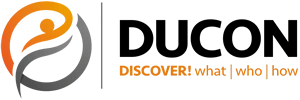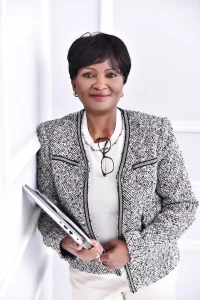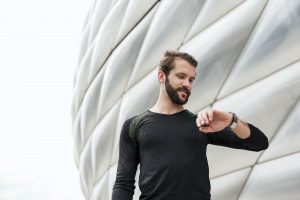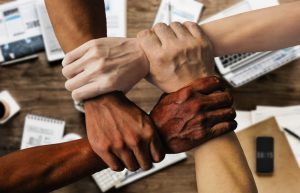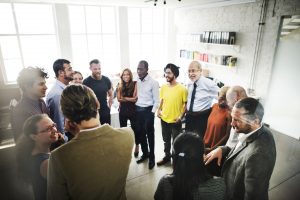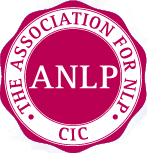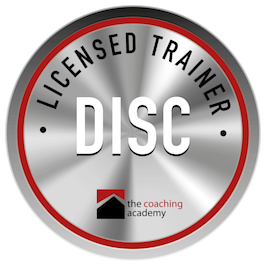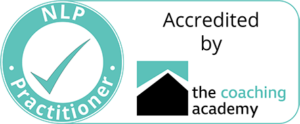We are hearing a lot about how the COVID-19 restrictions are making us change the way we work and that’s true enough. However, it is not enough to stop there. COVID-19 should also be making us change the way we think.
COVID-19 is the current world ecological crisis and is challenging everything we think we know and therein lies a philosophical question: how do we know what we know? What does it mean to say that we ‘know’ something? These questions form part of the basis for Epistemology; the branch of philosophy that deals with the theory of knowledge, and these questions are what we should be asking ourselves today.
COVID-19 is the current world ecological crisis and it is a very human crisis. It is challenging us once more to reconsider everything we know, everything we take for granted, from how we work to how we behave, to how our economy works and how it all fits into the global model. The financial impact of the virus is profound. The psychological impact is extensive. We no longer know what the world will look like when this is over. If we do not fundamentally shift our collective consciousness, we will not have a chance of surviving the effect of this monster, COVID-19. Will we, Homo sapiens, ‘modern man’, emerge victoriously?
The next ten or twenty-five years will be one of the most exciting times in the history of humanity, to be alive. Will Homo sapiens evolve sufficiently to overcome the challenges ahead? We would hope so, for the term suggests we are capable: Homo (man) sapiens (wise – from the Latin). So, soon we will discover whether Homo is truly wise or if we will join the fossil records. What a choice!!
What the world desperately needs is for humans to discover how to be truly wise by embracing the act of evolving our individual and collective consciousness. We need to accept a new behavioural pattern, develop a language of influence, a new way of thinking and knowing. These need to be encapsulated by our leaders who must also shift their thinking to a new paradigm. Currently, around the world, countries are suffering as a result of leaders operating with a silo structure mentality, that is to say, they do not share information, goals, knowledge, tools, and process with others. This mentality has a detrimental effect on morale, limits the operation of the organisation and can result in total breakdown. This mentality is evident not only within government but also between governments around the world. For a pandemic, a global strategy is required. Our leaders need to become more flexible, more collaborative, and understand their position gives them a different interpretation of events to the interpretation ‘foot soldiers’ will have. All players need to understand we all have our own version of the truth: we see A Truth, not The Truth, and leaders are no exception. Leaders are leaders because of the way they are wired and this invariably means they see the overview, the big picture. Now is the time for leaders to allow talent within their teams to come to the surface and it is the leader’s role to blend those talents for the greater good. We need leaders to enable the paradigm shift that moves from:
- “I” to “We”
- What’s in it for me, to what’s best for the common good and how can I best contribute
- Aiming to be the best in the world, to focus on being the best for the world (e.g. Colonel – (Captain) Tom Moore)
- Individual working style, to team or collaborative relationship working style
Curiosity encourages imagination. Imagination feeds creativity. Curiosity sustains it. We’re devising new and clever ways of working, smarter, more efficient ways. COVID-19 has made us curious and creative. We need a shift in language, from viewing things as a problem to viewing them as a challenge. A problem has negative connotations, whereas a challenge incites curiosity: how do we overcome that challenge?
We need to recognise all organisations are embedded in a wider socio-economic system, which itself is embedded in a wider ecological system – it is not only us in the world, it is not only a ‘human world’. It is a world that supplies all the resources that make our human enterprises possible, but resources that are being drastically overused and depleted.
Coaches and wellbeing practitioners, we are at cross-roads and our services are essential to the imminent paradigm shift. We need to extend our focus beyond the immediate client in the room (or now, online with Zoom, Skype, Teams) to seeing clients as partners who share with us the joint endeavour of discovering how to step up to the demands the world of tomorrow requires from us today.
The benefits of coaching or any other wellbeing service intervention are not just measured in terms of personal development, but also in team and organisational learning, increased shared value for all organisation’s stakeholders and creating a greater contribution to repaying part of our indebtedness to the wider environment.
In recent years, we as coaches and Neuro-Linguistic Programming (NLP) practitioners have been greatly helped by both the discoveries of proven NLP techniques, processes and skills as well as by the growing availability of DISC behaviour profiling practice and training. These are all measures we can use to help our clients achieve that paradigm shift, enabling us to craft a more sustainable growth model that benefits us all.
It is time to help our clients:
- Harness their talent
- discover and uncover their inherent strengths
- comprehend their personal style
- realise their communication preferences
- understand other peoples’ and other team members personality styles
- gain insight into why others feel and act the way they do
- understand decision-making preferences
- unlock personal goals and realise their corporate aspirations
… and thus humans can fulfil their title of Homo sapien and also become enablers for the creation of a world of ‘sapiens’. It is a time for all Coaches and other Practitioners in the Wellbeing sector to recognise we are part of this great work. Every generation has its purpose. Helping mankind evolve their thinking for the greater good is ours.
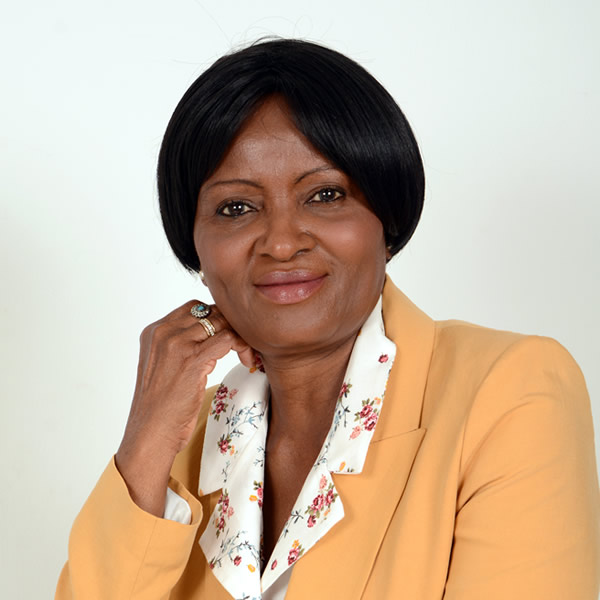
Janet Conde is the founder and Director of Ducon Group. She specialises in personality behavioural profiling, developing the behaviour and language that build self-awareness and understanding of other people behaviour; she also focuses on creating collaborative relationships and making changes possible even when challenges seemed insurmountable.
She is a qualified accredited D.I.S.C Model Personality Profiling; accredited Neuro-Linguistic Programming (NLP) Practitioner, Cognitive Behavioural Therapist and a Professional Member of ANLP International CIC.
